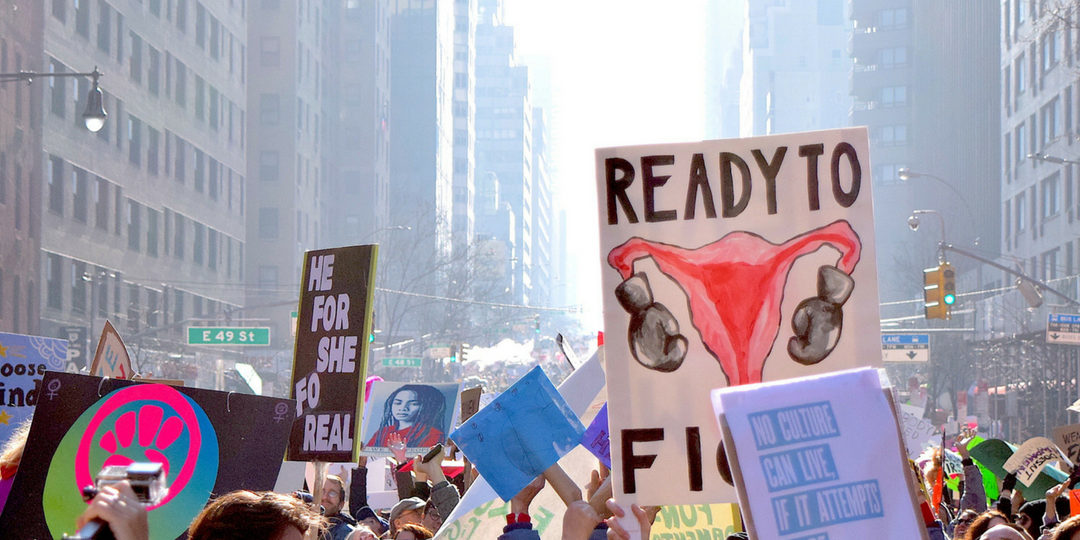Many can agree on the importance of taking a stand. We live in troubling times. It’s perfectly normal to question the world around us and to advocate positions we feel contribute to the sustainability of humanity. We feel our dopamine coursing through our bodies and consciousness when we commit to causes. But as public relations and marketing professionals, can we preserve our advocacy while preserving our livelihoods?
Recently, I read an article by Mary Verdin, President/Chief Strategy Officer of Verdin Marketing, who discussed the importance of upholding ethics as PR professionals. She focused on the ethics of public relations, specifically ethical issues that arise within the constructs of one’s career. But what I’d like to talk about are the ethics of PR professionals with ethical questions that arise outside their career parameters and how their involvement in political activism can affect the brands they represent.
Before I go on, let me tell you a little more about me.
Before I considered entering the marketing profession, I was heavily involved in advocacy. Having gone through high school during the September 11, 2001 attacks, my core was shocked into a permanent state of heightened awareness. I had an strong sense of causes and candidates, which led me into politics.
By the time our country invaded Iraq in 2003, my high school was crawling with military recruiters. As part of the then-President George W. Bush’s No Child Left Behind initiative, which he signed two years earlier, recruiters were given unprecedented access to high school student records, including addresses and phone numbers. As a result of this policy, I was barraged with calls from recruiters who literally threatened to kidnap and draft me into military service if I didn’t voluntarily support the war and their military operations. I felt like I was thrown into politics and felt a civic duty to rise up.
What started as a moral obligation turned into nearly two decades of passionate discourse. Throughout that period of time, I got involved in local politics. This all happened while my appreciation for marketing blossomed. I was acquiring clients, yet I continued taking highly public stances on issues I cared deeply about. At some point, the politics caught up with me. I had people contacting my clients and telling them, “Don’t work with this guy because he supports/opposes [insert contentious issue here].”
It took a while to achieve a healthy balance of advocacy and maintaining my clientele base.
Here are some tips for achieving a successful balance between personal advocacy and maintaining public relations professionalism:
- Pick and choose your battles wisely. The more you expose your advocacy to the world, the greater the likelihood your clients will be impacted. After all, you’re designated as a representative of their brand, even if their brand has absolutely nothing to do with your advocacy — even if you’re only one member out of many on a creative team. Even if you’re able to completely separate your views with the brands you represent, there’s still a chance that someone, who vehemently disagrees with you, will take action to hurt your bottom line and your client. The solution? Speak when you feel compelled to speak, but do so sparingly while remaining cognizant of your public and professional role.
- Make the issue (not yourself) the center of attention. Politics is a dirty business. Words are exchanged. Emotions run high. When it comes to digital and social media, everything you write is public. Everything you’re feeling becomes palpable to a wide audience. There is a fair chance your most spirited political debates will revolve around individuals making their arguments. When that happens to you, steer the conversation to the issues you’re discussing. Of course, this shouldn’t go without saying: avoid the personal attacks. There’s no harm in being cheeky or sarcastic, but don’t overdo it. Don’t let the issue become you. When the issue becomes you, your work may be addressed as an extension of you.
- Seek advice from other public relations professionals from previous generations. Like me, there are many millennials entering the marketing and public relations industry. We are the first generation to be exposed to social media and the idea that our words and expressions can easily be broadcast to anyone and everyone around us. One post, one tweet can be seen by hundreds, thousands or millions of people. We’re also not a silent generation. But we can learn from experienced professionals from older generations, who know the best methods to curb our enthusiasm and avoid potential conflicts. If you’re part of an agency, don’t hesitate to ask leading partners on the best ways to circumnavigate political discussions without adversely impacting your/their clients. Yes, new dogs can learn old tricks.
I’m not going to lie: this can be an uncomfortable subject. We fundamentally understand and appreciate the right to free speech. But when it comes to business, free speech has consequences. Even if you have good intentions going into the political square, there will always be the chance that someone is going to put you under the microscope and all the incredible work you do by proxy. You’re entitled to your opinion and you certainly should express it, but more than ever, you have to consider the invisible elements that aren’t normally in your politically charged peripheral vision.
In short, think smart, be vigilant and cognizant of those you represent.

As the principal of Ochs Creative, Aaron Ochs leads with a uniquely crafted, innovative vision for professional and economic growth. As a young, self-starting marketing entrepreneur, Ochs has over a decade of marketing and business management experience.




It’s the increasingly clear reality that we can’t actually tease out public spaces from private spaces from community spaces, that we remain the same person in all three and need to act like it. Well said.